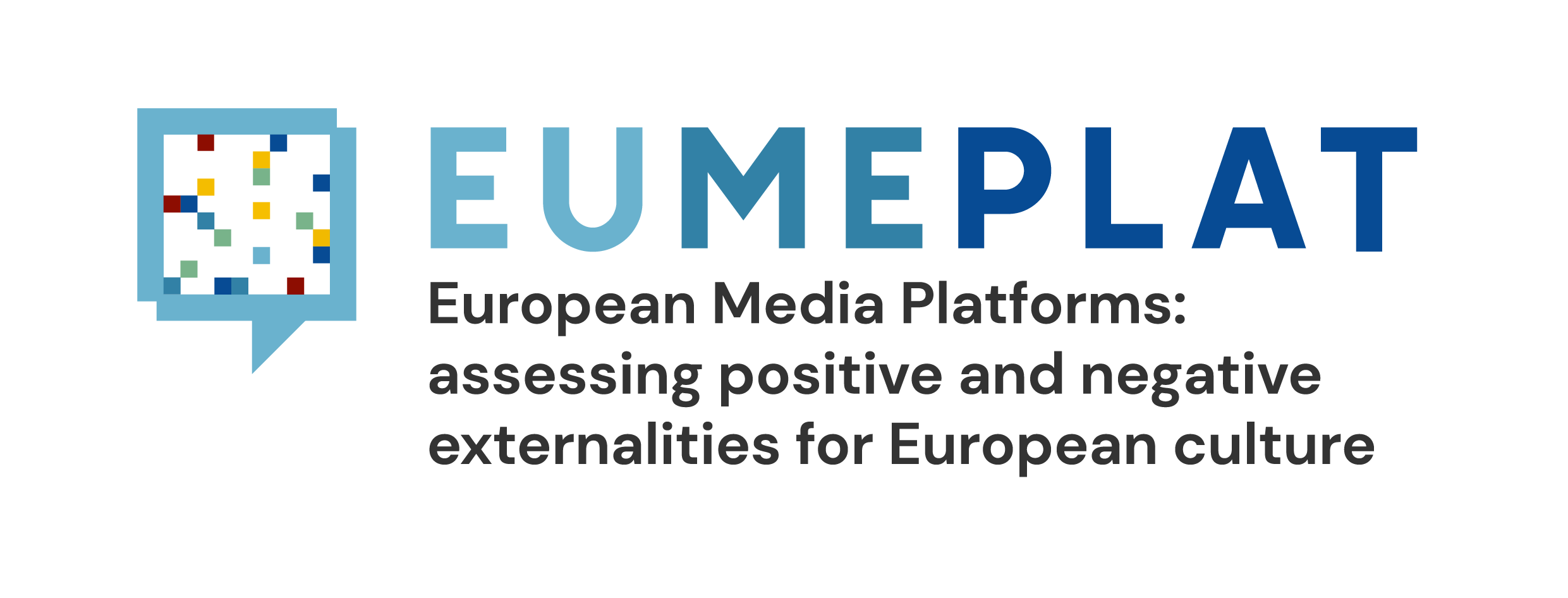Iberian Digital Media Observatory
Investigadora
The Iberian Digital Media Observatory (IBERIFIER Plus) aims to expand the ongoing activities of IBERIFIER (www.iberifier.eu),the Iberian hub established in 2021 dedicated to researching and combating disinformation in Spain and Portugal. Composed of ahighly experienced and qualified consortium of 25 partners and 1 associate partner, the new hub plans to engage in fact-checking inthree languages (Portuguese, Spanish, and Catalan) while exploring artificial intelligence (AI) technologies for early disinformationdetection. It will also analyse the impacts of disinformation, particularly in the digital media ecosystem, and promote media literacy.Thus, IBERIFIER Plus covers all the key objectives of the Call, including actively engaging with EDMO, fact-checking harmfuldisinformation, conducting research on disinformation's impact on society, supporting media literacy campaigns, monitoring onlineplatform policies, and enhancing communication efforts. Aligned with the Call's focus on linguistic areas, IBERIFIER Plus' unique aspectis its ambition to expand its activities beyond Spain and Portugal, influencing the Ibero-American region, Africa, and Asia, where Spanishand Portuguese are spoken by over 800 million native speakers. Regarding impact, IBERIFIER Plus plans to employ dissemination,exploitation, and engagement strategies to ensure the effective sharing, application, and engagement of multiple stakeholders with itsresearch outcomes. Overall, IBERIFIER Plus aims to contribute to the Digital Europe Programme's objectives and EDMO strategy byaddressing disinformation challenges in Spain and Portugal, and expanding its reach beyond these two countries.
Informação do Projeto
2024-05-01
2026-10-31
Parceiros do Projeto
- CIES-Iscte
- UN - Líder (Espanha)
- AM - (Espanha)
- ELCANO - (Espanha)
- Obercom - (Portugal)
- UGR - (Espanha)
- UPM - (Espanha)
- UPV - (Espanha)
- UC3M - (Espanha)
- USC - (Espanha)
- Verificat - (Espanha)
- FECYT - (Espanha)
- POLIGRAFO - (Portugal)
- BSC CNS - (Espanha)
- CENJOR - (Portugal)
- LUSA - (Portugal)
- URJC - (Espanha)
- EFE - (Espanha)
- ALPMJ - (Portugal)
- UMH - (Espanha)
- FUSP-CEU - (Espanha)
- UVEG - (Espanha)
- Newtral - (Espanha)
- IPV - (Portugal)
- LIP - (Portugal)
- Learn to Check - (Espanha)
European Media Platforms: Assessing Positive and Negative Externalities for European Culture
Coordenadora Local
The EUMEPLAT project aims at analyzing the role of media platforms in fostering or dismantling European identity. The assumption we will draw on is that European dimension has rarely been dominant in media history. In most cases – i.e., movie – market shares are mainly divided among national productions and importations from the most influential country. In broadcasting both regional and national patterns emerge, with properly European exchanges being the exception more than the rule. Web platforms are usually owned by US companies, with a new threat appearing in our media landscape. We will focus on the “platformization” process, as the rise of new closed Web architectures, so as to inquire its positive and negative externalities, functional and dis-functional consequences. Positive externalities are beneficial to society at large, in a way that explains the overall ambition of the project. Detecting the insurgence of negative effects is a fundamental duty for scholars and policy-makers, as externalities of both kinds tend to reinforce themselves, giving rise to positive loop feedbacks and critical vicious circles. Negative externalities include misinformation, toxic debate, exclusion of independent voices; positive externalities encompass European co-productions, or practices able to bring people out of the information bubble. For this purpose, we will run a multidisciplinary analysis of platformization in three fields: news, video sharing, media representations, with the final goal to offer a theoretical synthesis. The research question is whether or not new platforms – YouTube, Netflix, NewsFeed - are making European culture more European, based on indicators related to production, consumption and representation. Patterns will be detected by comparing national, regional and European and level. Advanced methods will be applied for data analysis, so as to provide guidelines for decision-makers (i.e., fake news prevention; best practices in co-productions).

 English
English


